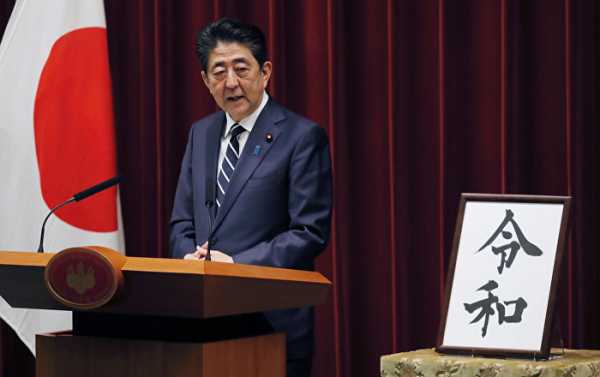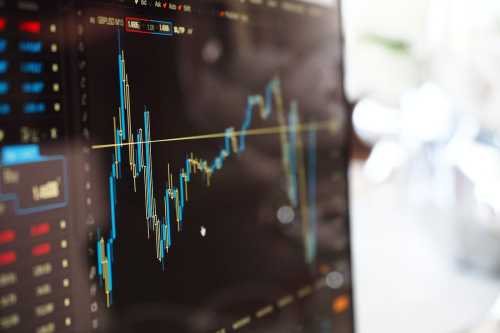
Japanese Prime Minister Shinzo Abe has promised decisive measures to support GDP growth in the face of international trade tensions, political risks, and a possible slowdown in business activity at home.
Kristian Rouz – Shinzo Abe is on track to becoming Japan’s longest-serving Prime Minister, after his party won in Sunday’s elections for the upper chamber of Parliament. Following the vote, Abe delivered a speech promising a ‘flexible’ response to possible economic shocks and touting a stable set of policies to promote GDP expansion.
However, his remarks come ahead of an unpopular increase in the value-added tax (VAT), which is expected to go up from the current 8 per cent to 10 per cent this coming autumn. While some experts say the move could hamper consumer demand and slow the broader economy, others say it could improve the nation’s public finances and support an influx of investment.
Abe says trade tensions between the US and Mainland China and Brexit pose the most significant risks to Japan’s economic stability in the near-term. Domestic factors, he believes, are less critical in the export-reliant Japanese economy.
“Uncertainty remains over the global economic outlook such as trade frictions and Britain’s exit from the European Union,” Abe told reporters on Monday. “We’ll respond to downside risks without hesitation and take flexible and all possible steps.”
The Japanese Prime Minister promised ‘bold’ and ‘aggressive’ measures to support economic growth. Such policies, he believes, could offset the threats posed by possible disruptions in international trade, and will be aimed at improving Japan’s foreign trade balance, and supporting the manufacturing sector.
The Abe cabinet has already set aside roughly $18.53 bln as part of a fiscal stimulus plan, which could augment the Bank of Japan’s (BOJ) unconventional monetary stimulus, and support business activity, improve the national infrastructure, and bolster consumer demand.
The stimulus proposed by Abe includes shopping vouchers, tax breaks on the purchases of cars and houses, as well as free education – all of which could save Japanese households thousands of yens per year.
This money, Abe believes, could produce an increase in domestic car sales, construction materials, and children’s goods, as well as encourage investment in the construction and automotive sectors.
“We will underpin domestic consumption which accounts for the bulk of the economy by taking sufficient measures,” Abe says.
The Prime Minister also said he could deepen the broader economic stimulus, including through consultations with BOJ officials if global headwinds become stronger and start to pose a credible threat of derailing the Japanese economy.
Although the BOJ has voiced its opposition to a more profound stimulus on the fiscal side, some economists believe Japan could use all of its firepower to advance economic reforms and move away from the export-reliant model of GDP expansion.
“If the economy falls into a recession, Japan will resort to a large-scale fiscal stimulus with the Bank of Japan effectively financing debt through its yield curve control,” Ryutaro Kono of BNP Paribas Securities said.
Meanwhile, Abe – although now having a comfortable majority in Parliament – doesn’t rule out the possibility of a snap election in the coming months, should his tax hike plan turn out more unpopular than currently believed.
The Prime Minister still needs a more significant majority to amend the Constitution’s Article 9, which prevents Japan from going to war. Abe has repeatedly expressed concerns over the heightened tensions in the Middle East, which could threaten the island nation’s energy supplies – the lion’s share of which comes through the Strait of Hormuz.
It’s still unclear if Abe would seek a more belligerent stance in foreign affairs in the future, but the Prime Minister appears to be willing to assert Japan’s economic interests abroad more decisively than any of his post-WWII predecessors.
Sourse: sputniknews.com






